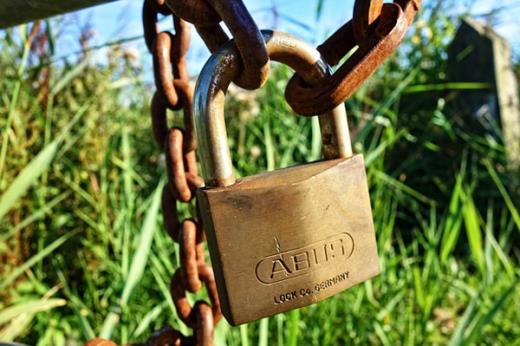How An Eviction Works And What You Can Do About It

How An Eviction Works And What You Can Do About It
How An Eviction Works And What You Can Do About It
If you breach your lease you can be physically removed from the property. A landlord may be entitled to evict a tenant for any of the following reasons:
- Non-payment of rent
- Use of the property for illegal purposes
- Using a property located in a residential zone for business purposes
- Violation of the occupancy standards
- Not giving the landlord access to the property for the purpose of needed repairs
- Making structural changes to the property
- Unauthorized pet on the property
In order to evict a tenant the landlord must first terminate the tenancy. A written notice is usually given to the tenant as specified in the lease. The most common termination notice is “Pay Rent or Quit”. The landlord gives the tenant a number of days to either pay the rent or move out.
In order to successfully evict the landlord must follow strict state laws for the eviction process. Landlords must be careful and through if they want to regain possession of their property in a timely manner. One wrong step could cause a delay. States give the tenant every opportunity to be heard and to respond to the landlord’s complaint(s). This can be frustrating to most property owners but we are talking about someone’s home.
Once the landlord wins an eviction he still cannot move the tenant out himself. Typically the judgment is given to the Sheriff. Then the tenant is notified as to when the eviction will take place. In most cases the tenant moves out on their own but if they are still in possession of the property when the Sheriff returns, all the tenants possessions will be put out on the closes public street. The tenant is then responsible for collecting his possessions and moving them to another location.
Anyone can lose their job or become sick and unable to work. If you find yourself getting behind in your rent, contact your landlord right away and explain the situation. He may be able to work out a payment plan to help you get caught up on your rent. But if you feel that you will be unable to pay your rent in the future, discuss breaking your lease with your landlord. Most landlords would rather go ahead and market your apartment and let you out of the lease early rather than going through the loses and legal expenses associated with an eviction. Even if your landlord does agree to let you out of the lease, it will still be a black mark on your credit until your landlord is paid all monies due him.
